In 2020 alone, the Federal Trade Commission received 4.8 million reports of identity fraud and theft.
If this number seems big, it is important to keep in mind that many incidents of identity scams go unreported.
To combat this growing problem, identity verification systems are gaining widespread importance. Recent years have shown a growing trend of focusing on identity verification suites and services.
As we near the end of 2021, new trends in identity verification are showing up. Much of these focus on giving security to end consumers.
At the same time, big corporations are investing heavily to prevent identity fraud and non-compliance. With an added impetus from various central and regional governments, identity verification is now more important than ever.
We have taken a look at the most influential trends in identity verification in 2022 and beyond. Being aware of them will help any company devise better security and identity verification protocols.
Top 5 Trends in identity verification in 2022
While curating this list, we have focused on those trends that will have the biggest impact over the next few years.
Most of these trends are visible on a global scale, while there are many other identity verification trends in specific environments.
Without wasting more time, let’s discuss the five most important trends in identity verification in 2022.
1) Emphasis on remote work security
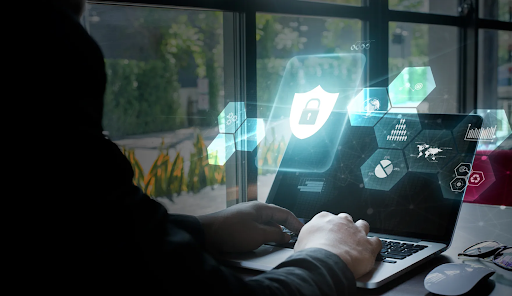
Especially in the post-Covid era, remote work is more prevalent than ever.
With the rise of remote work, threats to workplace security have also increased. It is not a problem only for large companies handling huge datasets. Even small businesses need cutting-edge security tools to protect themselves against identity fraud.
The problem becomes more severe when multiple employees are accessing sensitive information from different locations. Often the existing infrastructure of a remote workplace would be unable to keep up with pressing demand. It will lead to significant cracks in the security framework.
Many remote employees now prefer to work from their homes for the long term. Ensuring a long-term security solution is very important for all companies.
Most remote office spaces do not have a robust identity verification system in place. Not outsourcing security matters can sometimes be a wrong move.
Stakeholders would lose confidence in any enterprise that is continuously subject to security threats.
To have a good brand image, it is very important to ensure complete security and an identity verification suite in place. Many employees would not want to have their personal security compromised for workplace reasons. Since home and office workplaces are becoming increasingly fluid, security demands are also changing.
For businesses in the fintech industry, identity verification in 2022 is more important than ever. Scammers and frauds are constantly becoming more effective in finding loopholes. Often it is impossible to ensure complete security without expert assistance.
2) Rising smartphone security demands
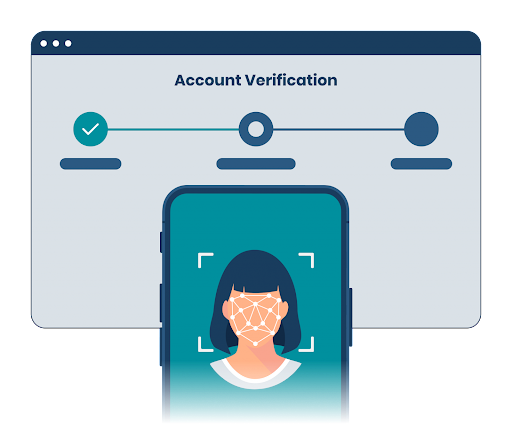
With the growing popularity of the Android ecosystem, more people than ever, can now afford a smartphone.
Smartphones alone run a huge digital market, and many businesses completely depend on smartphone interaction.
While smartphones are often considered to be relatively more secure than computers, they are still heavily susceptible to cyberattacks.
On the other hand, many identity scams are taking place over smartphones. If your security systems are not compatible with providing smartphone security, you are enabling an avoidable threat.
The problem with smartphones is their easy accessibility and availability. Anyone can pick up a smartphone and store sensitive information in it. People fall prey to smartphone-based scams very often. Companies are increasingly focusing on smartphone-focused security measures to combat these problems.
With the growth of mobile payment solutions, the demand for effective online verification systems is growing. Many people handle their money largely from their smartphones, sometimes only from it. These consumers are also aware of the various cyber threats that can affect them. Unless a vendor does not incorporate a secure mobile payment gateway, it can win people’s trust.
All data suggests that the number of smartphone users will only go up from this point. Investing in securing mobile-based transactions is very important in today’s digital era.
Smartphones are the present and future of communication. Modern security protocols demand special attention to smartphone security. Ensuring this will be one of the key trends in identity verification in 2021.
Ensuring effective protection in smartphone transactions can be difficult in the absence of a dedicated team for that purpose. However, various computer applications have made it easy to handle mobile security.
Applications like SEON’s identity verification software make it possible for businesses of any size to have a proper identity verification and security protocol in place.
3) Regulations around identity verification will be more strict
Governments around the world are concerned about data security now. In the past, many official websites and portals were hacked multiple times.
Multiple scams have happened as a result of breaches in identity verification systems. At such a time, authorities are taking regulations very seriously.
The increasing attention towards identity verification is not a sudden move by the regulatory bodies.
Through the course of the pandemic, cyber-attacks and frauds increased dramatically. It was largely due to people spending most of their time on their devices. The regulatory bodies have to deal with the repercussions of widespread cyber attacks.
Data now suggest that cyberattacks will cost the world $10.5 trillion by 2025.
Much of this financial loss will hit big corporations and governments. Strict regulatory policies will try to cover all possible loopholes in security to avoid these losses.
KYC and AML regulations are already a part of most security protocols. In the future, rules around them will further tighten. KYC, especially, is susceptible to identity scams. Companies will push for policies that make it difficult to breach their KYC policies. On its part, the governments will also try to ensure a better cyber security framework.
Companies that do not pay attention to compliance will have a hard time operating in the near future. Even at present, most companies face hefty penalties for non-compliance. A robust identity verification system ensures that companies do not have to pay these penalties. As we move toward the end of 2021, we can expect more stringent regulations on our way.
4) Increasing use of Artificial Intelligence (AI) and Machine Learning (ML)
As most digital systems get automated, AI and ML are playing increasingly important roles.
In the domain of identity verification, AI plays a key role in recording and verifying data. Similarly, machine learning systems have made identity verification both faster and more accurate.
The fields of artificial intelligence and learning still have numerous areas to develop. Once these challenges are addressed, it will become even more efficient in ensuring network and data security. Artificial intelligence also has the potential to fight cyber crimes without manual input.
On the other hand, machine learning systems are far more capable of accurately identifying suspicious activities and possible identity breaches.
As more tech startups work and develop artificial intelligence and machine learning technologies, they will be more effectively integrated into identity verification systems. It would also mean a growing demand for personnel or software competent to work with these systems. In 2021 and beyond, the use of AI and machine learning technologies in identity verification systems will only rise.
5) Adoption of blockchain-based technology
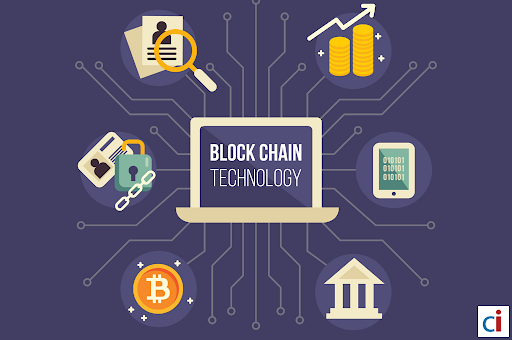
Blockchain technology is a disruptive force in today’s world. For all its famed merits, it is still mostly an exclusive component of the cryptocurrency sector. However, that seems to be changing in 2021. Blockchain will soon have a huge impact on cybersecurity solutions across sectors.
A blockchain database is far superior in terms of security when compared to other systems. At the same time, finding and keeping blockchain experts who can handle this work is not easy. Various startups are coming up with blockchain security solutions to address this lacking.
As we move towards 2022, these startups will start seeing considerable success.
Blockchain provides an interesting security solution option for remote workspaces. Most of these workspaces currently use a centralized system to store all data and information.
Keeping all data in one place makes it significantly more prone to disastrous cyber attacks. With its decentralized mode of operation, blockchain technology provides a viable alternative to centralized storage systems.
A big component of identity verification is maintaining huge datasets. The tiniest breach in these datasets can lead to huge problems for any company. End-to-end encryption is proving to not be enough in all use cases.
Blockchain has the potential to overtake these communication and storage systems. If and when blockchain-based technology is used in identity verification systems, it will transform how we deal with cyber security.
Conclusion
As we can see, the drive towards better identity verification systems is a global phenomenon now. Big corporations, small businesses, authorities, and the general consumer-all are becoming more concerned about identity breaches and cyber attacks.
These trends have come up as a consequence of increasing incidents of cybercrimes. Identity verification in 2021 is more important than ever on personal, commercial, and social levels.


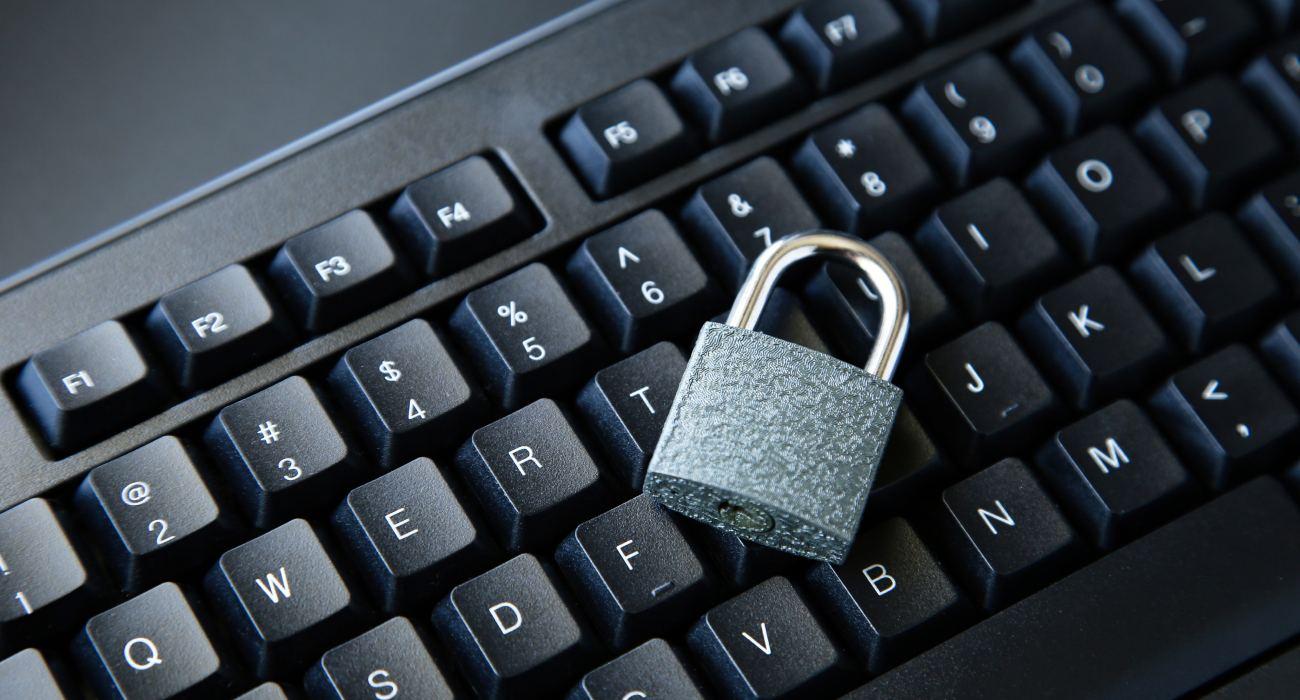

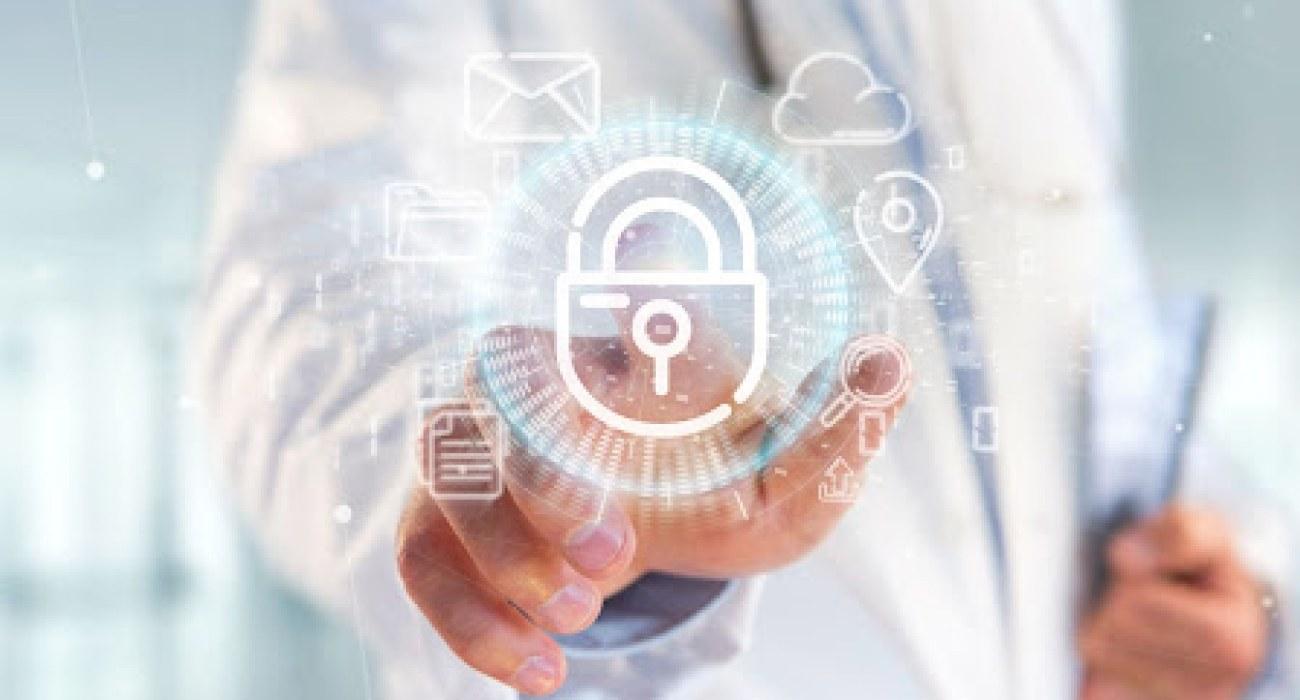










Leave a Reply